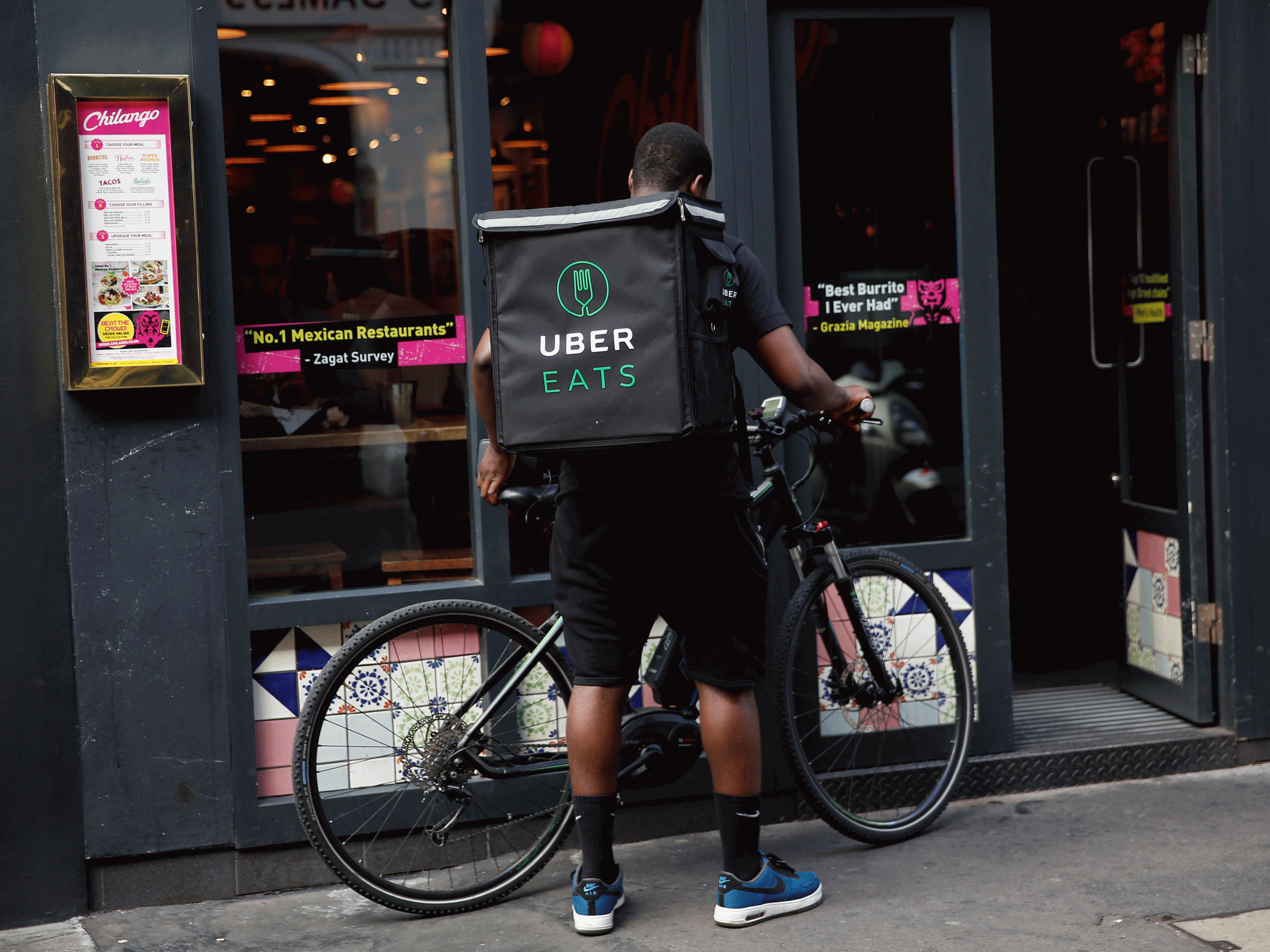Gig economy: How workers’ rights may be about to change
Fundamental changes to employment status, rights and entitlements have been mooted

The plight of the gig workers has been hot news for some time – with accusations of exploitation by the platform companies, “bogus” self-employment, sham contracts and underpayment regularly featuring in the media. Reform is now on the agenda.
But before looking at what changes could be introduced, it’s helpful to understand current employment law and how it affects people working in the gig economy.
Distinctions in status
The law differentiates between workers, employees and the self-employed. The distinctions are important because workers and employees have certain rights, such as entitlement to the national minimum wage and paid annual leave. Employees also have additional rights, such as the right to statutory sick pay and protection from unfair dismissal (normally subject to two years’ service). Self-employed contractors have no such rights.
What is written in the contract does not determine employment status and it’s what is happening in practice that counts. While unscrupulous businesses operating in the gig economy may deliberately refer to a “self-employed” status in contracts, hoping that this will put people off from questioning their rights, the courts do look beyond the wording.
Minimum requirement
There needs to be “mutual obligation” for a contract to actually exist, whatever the type of status. This means that each party must have an obligation to fulfil their side of the bargain. One example could be a courier agreeing to deliver something for a fixed sum. The parties would have an obligation to perform their side of the deal.
Worker status
To be deemed a worker, the individual must also be obliged to provide work or services personally, rather than sending another person in their place, and they must not be providing the work or services as a business.
Employee status
To be considered an employee, again the work or service must be done by the person under contract, but there also needs to be an element of control by the employer over the employee. Control in this context could mean, for example, whether or not the individual is bound by a disciplinary policy. Other factors for determining status could be considered, too.
The Uber case
In the Uber case the employment tribunal held that two drivers were workers (rather than self-employed), and were therefore entitled to the national minimum wage, paid rest breaks and statutory holiday pay.
Interestingly, the tribunal decided that a driver was not only working when they accepted a particular pick-up but that a driver was working when they were on stand-by too. Once a driver switched on the app, was within a territory where they were authorised to work and was able and willing to accept assignments they would be working. This satisfied the “mutual obligation” test.
The tribunal also held that the drivers were workers and not providing the work or services as a business. In determining that the drivers were not in business, the tribunal considered a number of factors including the control Uber has over its drivers.
Uber, however, has appealed against the tribunal’s decision, and the appeal hearing is scheduled for 27 and 28 September 2017.
What about changes?
There could be a number of procedural steps which could be taken to provide greater protection to gig workers.
A leading think tank, the Royal Society for the encouragement of Arts, Manufactures and Commerce (RSA) has made some recommendations. It has proposed that there should be penalties against companies using clauses in contracts that prohibit litigation over employment status; fees for workers challenging their employment status could be waived with a quicker process for challenging employment status; and the burden of proof might be reversed so that the onus is on businesses to prove that their workers are not employees or workers.
All these ideas make sense.
Other more fundamental changes to employment status, rights and entitlements have been mooted, too.
Next up will be the recommendations from Matthew Taylor, chief executive of the RSA, who has been tasked by the Government with reviewing legal rights for people working in the gig economy. His report is expected to be published in mid-June, and could be pivotal.
Matt Gingell is a specialist employment lawyer and legal commentator. He advises businesses and individuals on all employment law related issues. He also writes articles, HR guides, and employee guides.
Subscribe to Independent Premium to bookmark this article
Want to bookmark your favourite articles and stories to read or reference later? Start your Independent Premium subscription today.

Join our commenting forum
Join thought-provoking conversations, follow other Independent readers and see their replies